Why our journalism matters: A look at The Post's stories of 2023 that created change
Why does community journalism matter?
It brings awareness to problems, discovers what is and isn't working in local cities, towns and neighborhoods often overlooked by government and helps increase community engagement.
Listening to opinions, concerns and ideas from the 1.5 million-plus residents of Palm Beach County, our team of reporters, photojournalists, videographers and editors authored more than 4,000 news stories in 2023.
We kept you up to date on tropical systems, the ever-changing political dynamic in the state, Brightline's South Florida-to-Orlando debut, a guilty child abuse verdict of a Jupiter father who locked a teen in a room in their garage, and the stunning story and images of a rare EF-2 tornado that touched down in Palm Beach Gardens.
The Palm Beach Post covered every corner of real estate and growth that included a monumental and controversial county land swap development plan that was nixed at the 11th hour. We reported on restaurant openings and closings and provided a detailed account of all the news and sports from the School District of Palm Beach County — the 10th largest in the nation.
But above all, our journalism once again sparked change. And that matters.
We don't want to just report on conflicts and problems. We want to help the community and its leaders gain a more comprehensive portrayal of the issues and create solutions with responsible, detailed findings. To that end, here are six stories from 2023 where our reporting resulted in tangible, real-world community impact and inspired change:
1. Secret child predator Jeffrey Epstein documents were ordered released because of a Palm Beach Post lawsuit
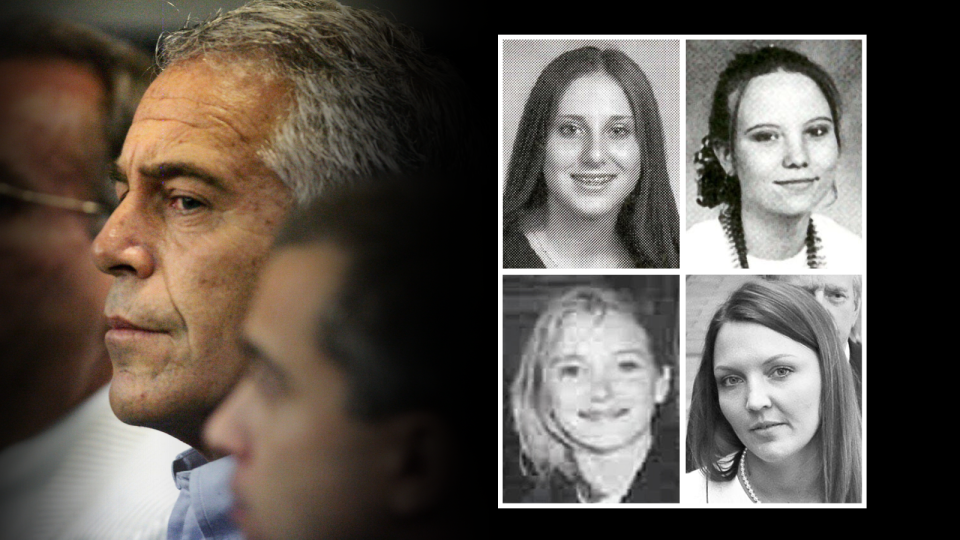
The Post has covered the dark, complex story that is the Jeffrey Epstein case steadily since its inception in 2006. That’s when a grand jury convened by then-Palm Beach County State Attorney Barry Krischer emerged with only a single charge of solicitation of prostitution against Epstein — what a “John” might face.
Palm Beach police, however, had found nearly two dozen girls and women, several underage, who told similar stories of sexual abuse at Epstein’s mansion on the island. The case began in Palm Beach County and could have ended here, but the Palm Beach police chief, upset about how Krischer handled the prosecution, took his investigation to the FBI. That led to the infamous non-prosecution agreement that allowed Epstein to escape a 60-count federal indictment.
In a 2019 Post investigation about the original prosecution, sources told the newspaper that Krischer had torpedoed his own case before grand jurors. Only one victim, a 14-year-old girl, testified against Epstein, the man who had hobnobbed with former and future presidents. Then prosecutors undermined their own witness by questioning her about her social media pages, which depicted things like simulated drinking. Post editors felt the public, and especially the victims, needed to know what happened during what are almost always secret proceedings. So The Post, alone, sued in 2019 to get them released.
Coverage heated up in 2023 as an appeals court agreed with The Post, that the transcripts should be made public “in furtherance of justice,” a tenant of Florida law that allows grand jury materials to be released in rare cases. Appeals judges ordered the trial court judge to look at the transcripts, redact them (to protect victims’ names) and release them. We eagerly await the outcome.
2. How developers benefited from looser workforce-housing rules in Palm Beach County
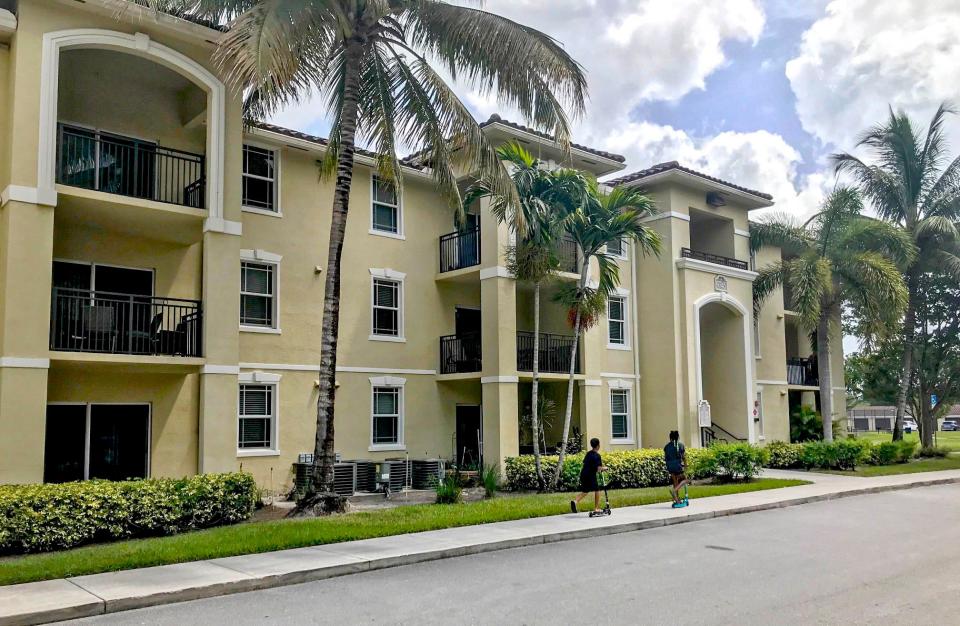
Post Investigative reporter Andrew Marra, amid groundbreaking work on the affordable housing crisis, found out that the county’s largest provider of workforce housing in many cases wasn’t providing it. The workforce housing program requires new housing developments to either set aside some units as workforce housing, which caps the prices at which they can be sold or rented, or pay a fee. Individuals or families earning less than $126,420 a year are eligible to rent those price-controlled units.
But Wellington Club Apartments was overcharging many tenants, some by as much as $150 a month. It happened at least 65 times over several years and even when alerted by the county’s housing officials, the complex failed in some cases to compensate the tenants or reduce the rent. The complex also was using vacant workforce housing units to count toward the total required by the county and the county allowed it because its program had been weakened over the years.
About a month after the story published, the county's independent Inspector General began an audit and a county commissioner called for changes to the program, especially in light of a $200 million referendum voters approved months before for affordable housing. "We need to make sure that there is a check and balance so that those units, the rental units especially, stay in that pool and are being rented appropriately," she said.
All of that resulted in an October 2023 deal where commissioners agreed to tighten the rules of the program. Under the new rules, participating apartment complexes must have their tenants’ eligibility approved in advance by county officials, and apartments can no longer tack on extra fees that exceed the rents they’re allowed to charge.
3. Why were Florida high school athletes asked about menstrual history on their annual physical forms?
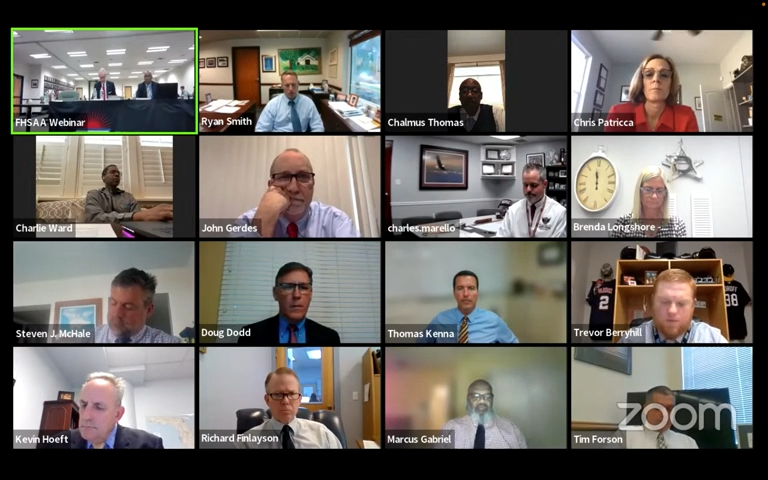
It was a reader who alerted The Post that female high school athletes in Florida were being asked questions about their menstrual histories when they registered to play sports.
Education reporter Katherine Kokal dug into an issue that few knew about, much less the implications for student privacy in a post-Roe v. Wade world in which menstrual data were being used for criminal prosecutions. She was the first in the nation to report the issue in October 2022. Parents in at least 34 states learned what their children were being asked. Kokal found out that the athletes' medical histories were stored at the schools where coaches and others could see them.
In February, after months of resistance, Florida’s high school athletics association voted to take the questions off the form altogether after they heard more than 150 public comments at a meeting. Almost all commenters condemned not only asking the questions but also where they were stored. Kokal was the first to report that Gov. Ron DeSantis’ chief of staff had conversations with the head of the association days ahead of the vote.
Hours later the same day, members of Congress, including Rep. Adam Schiff, D-California, announced federal legislation that put school funding in peril in the states that require the menstrual questions.
4. State's failure to oversee addiction treatment leaves patients in deadly danger
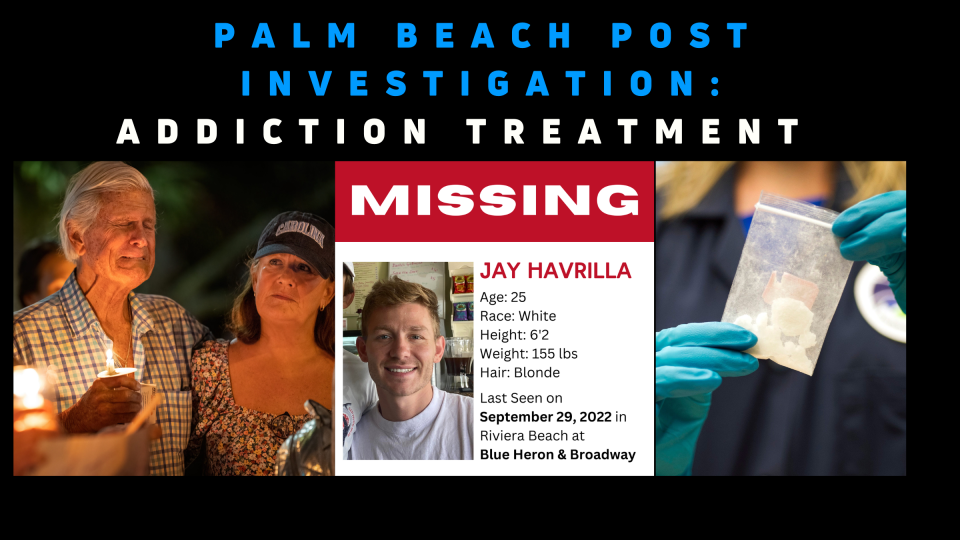
Amanda Davidson, a young woman fighting her addiction to opioids, contacted Post Investigative reporter Antigone Barton in late 2022 with a problem. Her boyfriend Joseph Havrilla, also in Palm Beach County for addiction treatment, had been missing for months and police didn’t seem to be putting much effort into finding him. The pair were enmeshed in what is known nationwide as the "Florida Shuffle". People are lured to the state to get treatment by corrupt operators who provide substandard care that is not evidence-based, if any care at all. This sends the patients into danger on the streets. As it turned out, Davidson’s boyfriend had died, and his corpse lay near the front of a Riviera Beach Publix grocery store for four months before being found.
Barton wrote a powerful story about the indifference and incompetence of the regulating agency told through the couple’s heartbreaking tale. The Post’s investigation found that the state Department of Children and Families was allowing improper treatment or no treatment at all by simply not regulating the industry.
The responses from the community were quick and widespread. Readers said their hearts were broken by the tale of Davidson and Havrilla. They were outraged by DCF. Barton received dozens of emails from concerned readers from all over the state, some who said they’d be reaching out to their state legislators and/or subscribing to The Post. Local politicians asked how they could help.
The outpouring was so great The Post aims to keep the conversation going with a community forum on January 17 at Palm Beach State College's Lake Worth Beach campus.
5. Stray bullets bill gains support after Post's reporting
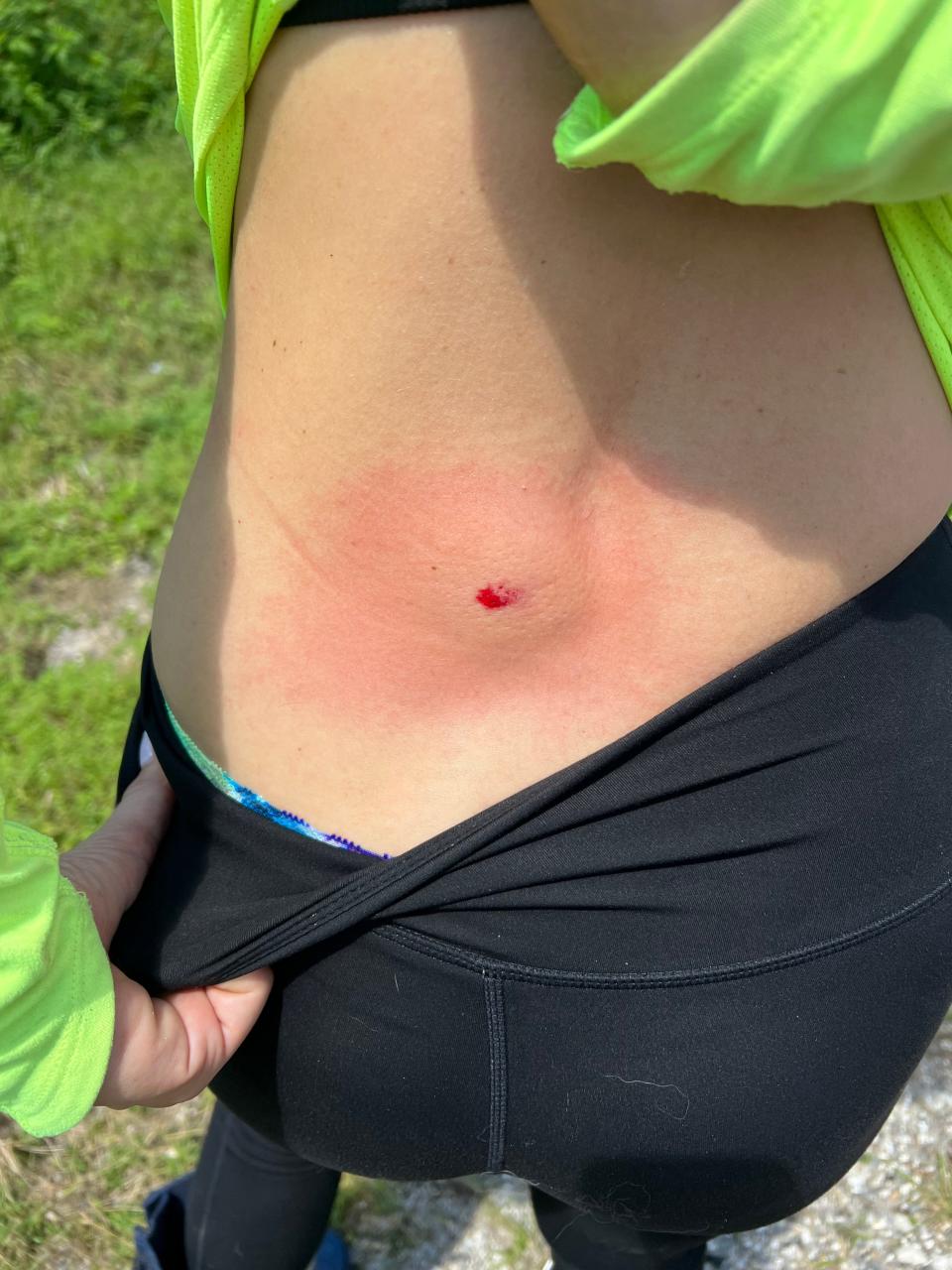
Stray bullets from target shooters are all too often finding their way onto adjacent properties, threatening the safety of rural residents who live near the target shooting.
Post County reporter Mike Diamond highlighted several such situations, including one where a woman was shot in the back, suffering a graze wound. Another incident involved a farmworker who sustained a head wound when a stray bullet struck him.
How could this happen?
Florida passed a law allowing a property owner to use his or her parcel for target shooting as long as the parcel is in an area zoned for low density. Palm Beach County sheriffs deputies repeatedly responded to calls for help but said their hands were tied by the 10-year-old law.
After the story, state Rep. Katherine Waldron, D-West Palm Beach, introduced a bill requiring that anyone target shooting on their property take steps to ensure that the bullets stay within their property. Shooters, she noted, could fire into a berm.
The article has resulted in her receiving widespread support, including from several county sheriffs. Palm Beach County commissioners have said they will instruct their legislative lobbyist to support the bill.
6. Why The Post's reporting on the proposed GL Homes land swap was so important
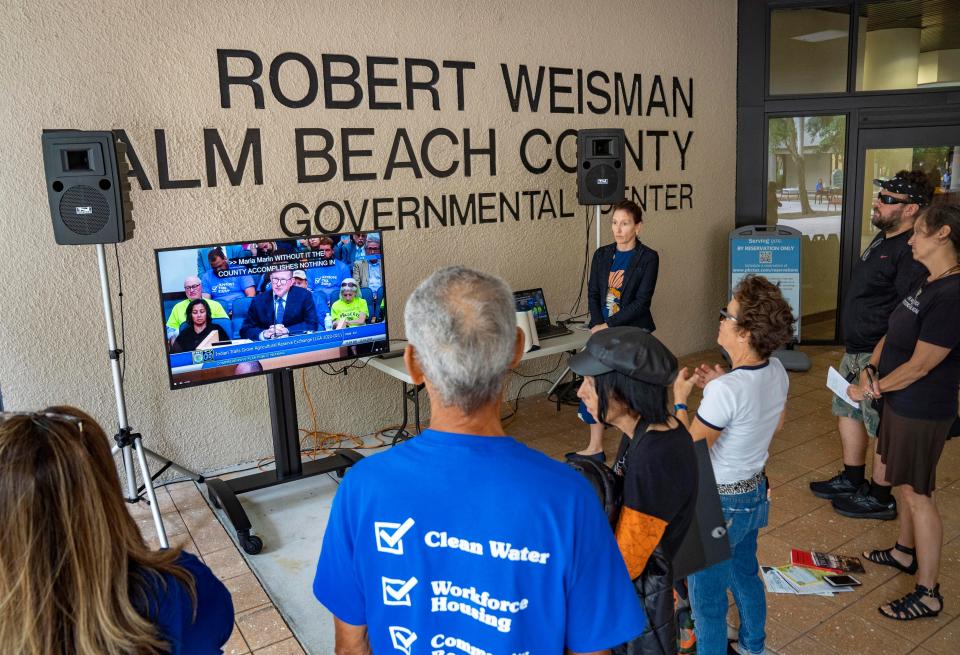
The Post's Diamond also reported extensively on efforts to weaken development restrictions in the storied Agricultural Reserve, a 21,500-acre parcel in western Palm Beach County that was created to limit development and protect agriculture.
For more than a year, Diamond reported on a proposed land swap being pushed by the county's largest homebuilder, who wanted to build on land that had been preserved. To do it, GL Homes had to convince the county to swap for land outside the Ag Reserve, something that had never been done before. The swaps had always occurred within the Ag Reserve, and if the homebuilder got its way, all of the preserved land within the Ag Reserve could have been opened up for development.
To obtain approval, the homebuilder offered to build a multi-million dollar water reservoir in the northwest part of the county. However there was no guarantee that the necessary federal or state permits could be obtained. At the end of the day — and public outcry — a majority of commissioners concluded there was too much uncertainty associated with the proposal.
County commissioners had voted 5-2 to send the matter to the state for review. It is rare for commissioners to change the votes on final reading but in this case, it happened. Two commissioners changed their votes, killing the land swap proposal.
Environmentalists and area civic organizations praised the detailed reporting, which included several stories describing what the swap was all about. And one county commissioner said the Post's reporting played a major role in the outcome.
James Coleman is a journalist at the Palm Beach Post, part of the USA TODAY Florida Network. You can reach him at jcoleman@pbpost.com and follow him on X (formerly known as Twitter) at @JimColeman11. Help support our journalism. Subscribe today.
This article originally appeared on Palm Beach Post: A look at The Palm Beach Post's stories of 2023 that made an impact

